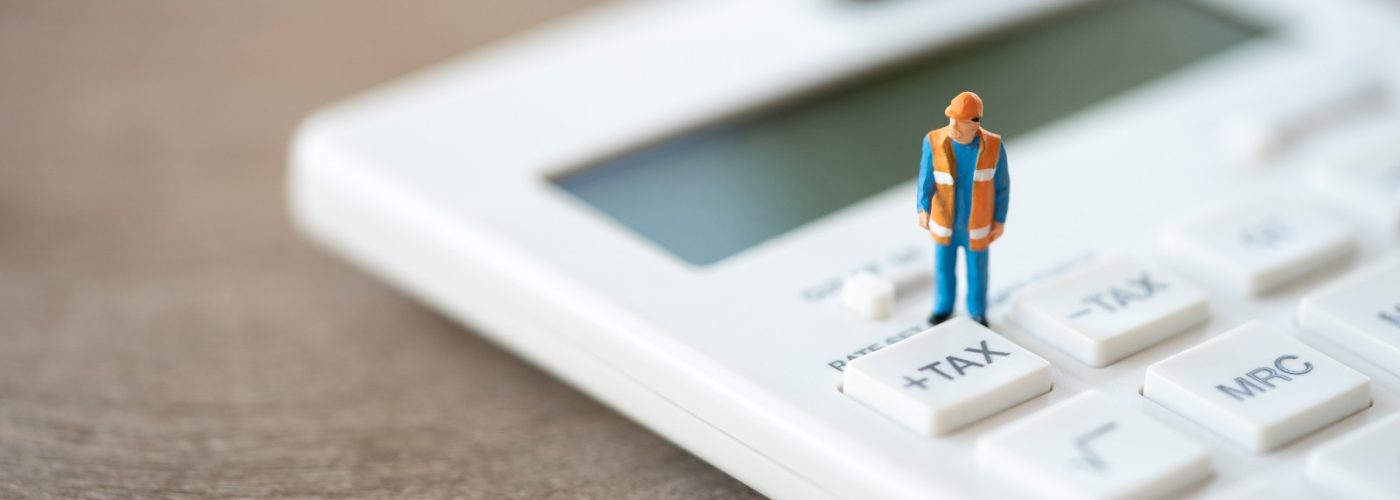The majority of Self Assessment customers will have been affected in some way by the pandemic last year, which is why your tax return for the 2020/21 tax year may seem a bit different than in previous years.
Whether you are new to Self Assessment or have been completing your tax return for many years, preparing your paperwork now can help avoid the unnecessary stress of leaving it until the last minute and will prevent you making mistakes or forgetting to include your allowances.
If you’re self-employed and have earned more than £1,000 between 6 April 2020 and 5 April 2021, you will need to file your paper tax return by 31 October 2021 or 31 January 2022 for online returns.
If you’re new to Self Assessment, you must ensure you leave enough time to register for Self Assessment first via GOV.UK in order to receive your Unique Taxpayer Reference (UTR) and activate your account. Self-employed individuals must also register for Class 2 National Insurance.
By registering early, you’ll be able to access guidance to help you to understand your tax obligations such as record keeping, filing and payments deadlines, and the potential for a first tax payment to include a payment on account.
Thousands of people chose to get ahead of the game this year – more than 63,500 customers filed their tax return on 6 April 2021, the first day of the tax year.
Filing early means you know what tax you owe. The sooner you file, the more time you have to plan and budget for the tax you need to pay. And it doesn’t mean you have to pay your tax any earlier, you still have until the deadline on 31 January 2022 to pay your tax.
For those worried about paying their tax bill, make sure you access the support and advice that’s available to you as we may be able to help by arranging an affordable payment plan. Visit GOV.UK and search ‘time to pay’.
If you have been affected by COVID-19 and reached out for financial support, it is important to remember that you will have to declare any grants or payments you received from COVID-19 support schemes up to 5 April as these are taxable. This includes:
- Self-Employment Income Support Scheme (SEISS)
- Coronavirus Job Retention Scheme (CJRS)
- Other COVID-19 grants and support payments such as self-isolation payments, local authority grants and Eat Out to Help Out
However, the £500 one off payment for working households receiving tax credits does not need to be reported in your Self Assessment.
To find out which COVID-19 grant or support payments to include on your tax return, you can visit Reporting coronavirus (COVID-19) grants and support payments on GOV.UK for more information.
So, start preparing for your Self Assessment now and leave yourself enough time to get the relevant documents together. Check your information is correct and set aside time to enter your details. The easiest way to file your tax return is online. You can do it at a time that suits you and it doesn’t even have to be completed all in one sitting. You can work around your busy schedule and your business by saving your progress in stages and coming back to it again and again.
To find out more visit Self Assessment on GOV.UK.





